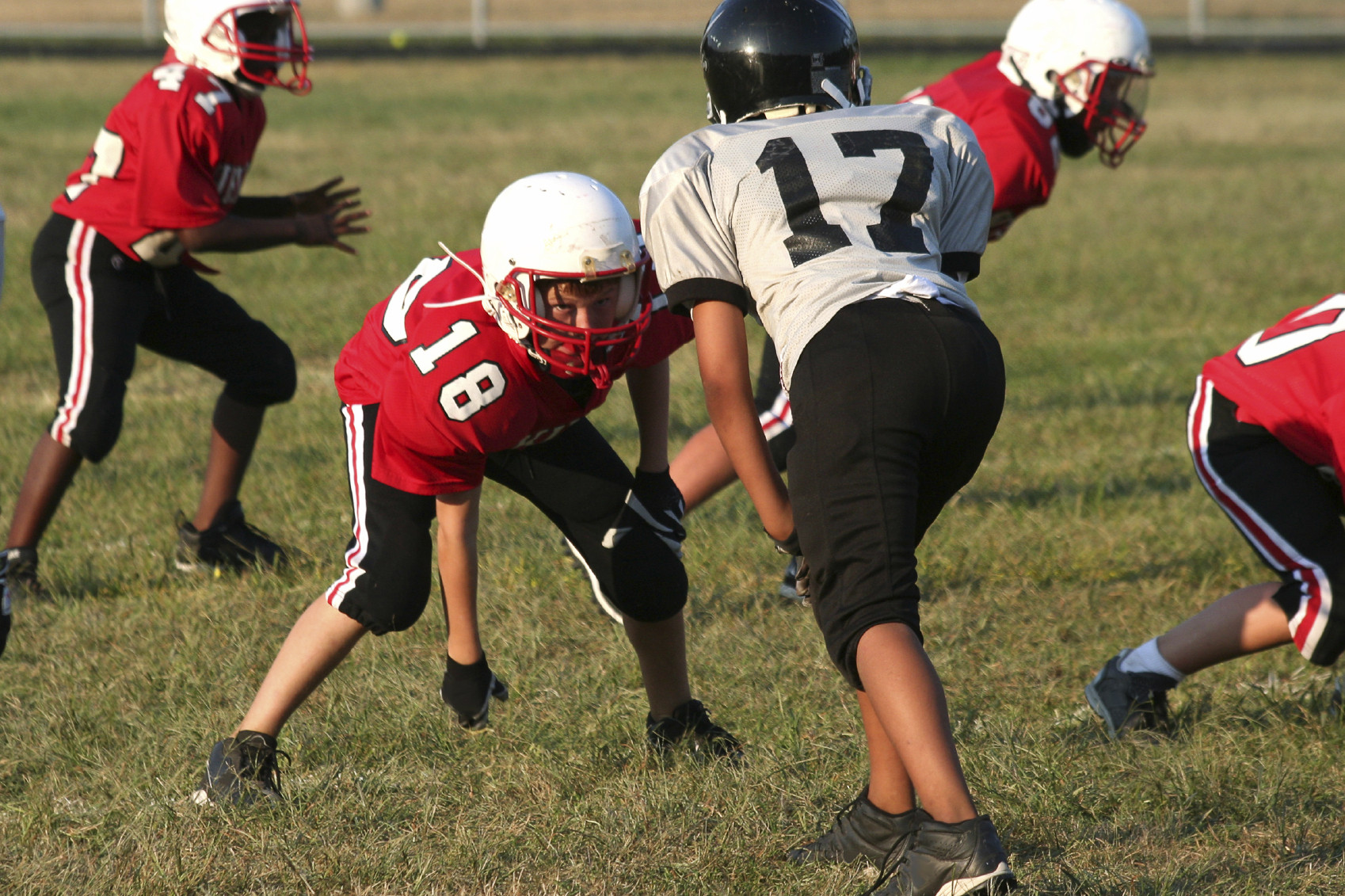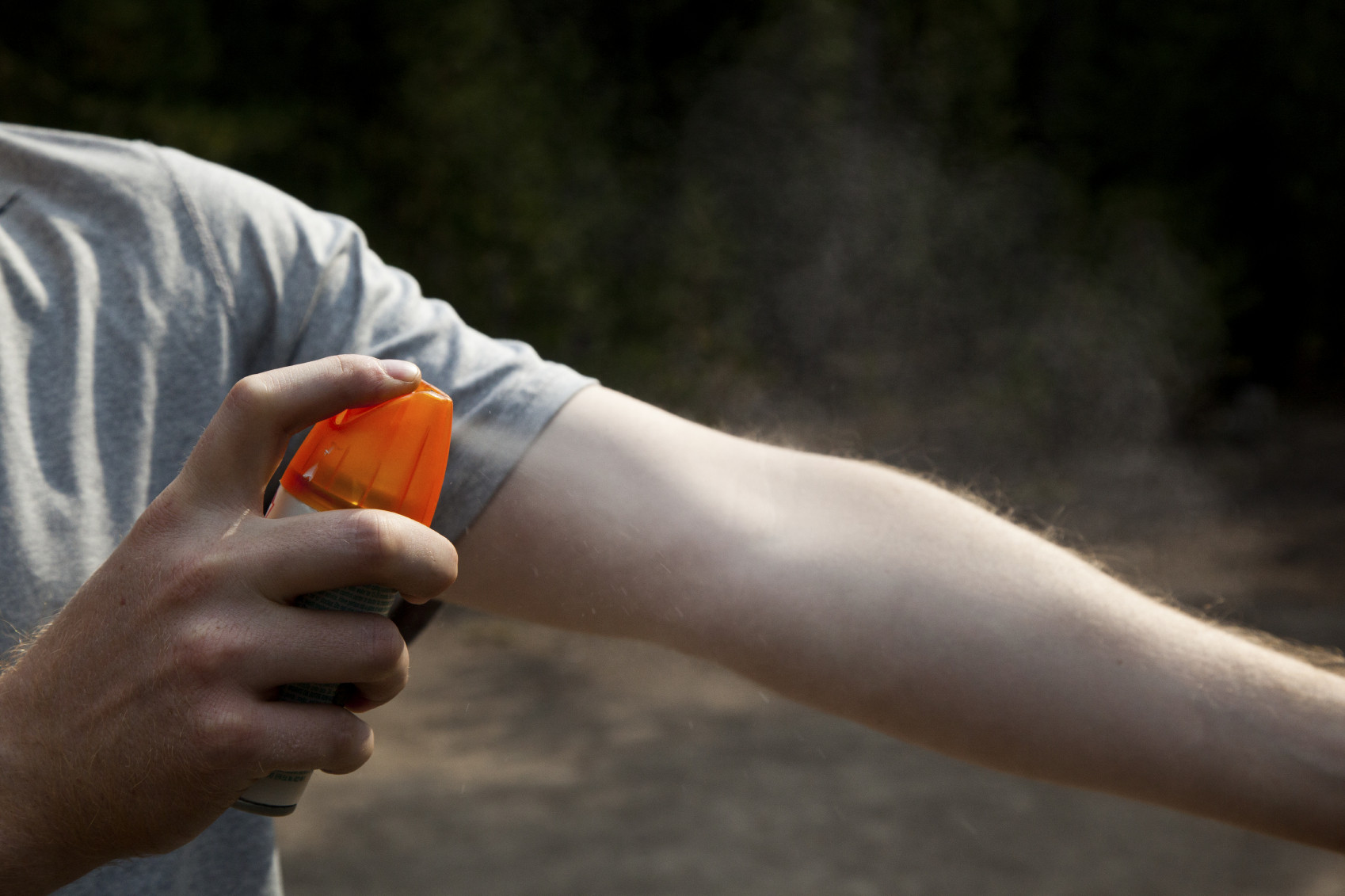
Can white noise really help you sleep better?

Celiac disease: Exploring four myths

What is prostatitis and how is it treated?

What is Cushing syndrome?

Exercises to relieve joint pain

Think your child has ADHD? What your pediatrician can do

Foam roller: Could you benefit from this massage tool?

Stepping up activity if winter slowed you down

Common causes of cloudy urine

Dragon fruit: How to enjoy this antioxidant-rich fruit
Child & Teen Health Archive
Articles
10 ways to raise a healthy eater
Eating healthy is a habit — and, like any other habit, it can be taught and learned. Most kids need guidance as they learn how to enjoy healthy foods and eating patterns. We’ve shared 10 of our best tips for how to help your child become a healthy eater.
Zika, pregnancy, and winter travel: Many unknowns, and a cautious message
If you’re planning an escape from the dreary winter weather, and you’re pregnant or trying to get pregnant, you may want to plan your destination carefully. There’s still a lot we don’t know about Zika virus — which is now widespread in several favorite tropical destinations, such as the Caribbean — and its potential pregnancy-related complications. Until we know more, it’s better to be safe and follow the precautions we’ve listed here.
Starting your baby on solids? Here are three new things I tell parents to do
Over the past few years, research has changed pediatricians’ recommendations for when — and how — to introduce babies to solid foods. For example, many doctors now recommend giving young children peanut products and fish very early, as this actually reduces the risk of developing allergies. Of course, every baby and family is different, so it’s always best to run your baby’s “first foods” by his doctor before giving them.
Is football safe for kids?
Many team sports have tremendous health benefits for children, but youth football, in particular, continues to pose a concern because of the high risks of concussion and other injuries. A recent NEJM article has taken a stance against allowing tackling in youth football. But is this position really the best way to promote the health and safety of youth athletes?
Lead poisoning: What everyone needs to know
Even though the use of lead has been regulated for many years, tragedies like the one currently ongoing in Flint, Michigan still occur. Exposure to lead in childhood can have health effects that can change a child’s life forever. We’ve listed steps you can take to keep your child — and everyone in your home — safe from lead poisoning.
What you need to know about Zika virus
Zika, a formerly rare and obscure virus, has recently spread throughout the Pacific islands and the Americas. Although Zika virus rarely makes people seriously ill, it’s been implicated in a huge rise in the number of birth defects in babies born to mothers who’ve had Zika. Although its impact in the U.S. is expected to be much less severe than in warmer climates, we’ve listed some tips to reduce your exposure to the type of mosquito that carries Zika.
More than just a game: Yoga for school-age children
Yoga is becoming increasingly popular among American children. Emerging research has shown that yoga has a number of physical and psychological benefits for children, and many classrooms now integrate yoga into a typical school day. Yoga can also be a great way for parents and children to play and interact at home. We’ve included several fun yoga-based exercises and games that parents and children can enjoy together.
Anti-depressants for teens: A second look
Many parents of teens with depression worry that antidepressants could cause an increase in suicidal thoughts or behaviors. Previous research had suggested antidepressants are safe for teens. But recently, researchers have re-examined the original data and found antidepressants may not be as safe for teens as once thought. As always, whether to start an antidepressant depends heavily on your teen’s personal situation.
Teens and medicines that cause birth defects: Do doctors drop the ball?
Doctors may prescribe medicines for teenage girls — for example for acne, depression, or migraines — that are known to cause birth defects. While most parents and doctors hope that these young women avoid pregnancy for many reasons, adults need to help adolescent girls understand the risks of the medications they take and have frank conversations about sex and birth control.
Four new recommendations for adolescent health
Each year, the American Academy of Pediatrics updates it recommendations for well-child visits. The latest version emphasizes screening adolescents for high cholesterol, drug and alcohol abuse, depression, and HIV. Many families may feel that their children don’t need these “checks,” but when it comes to the health and well-being of children, it’s always better to be safe than sorry.

Can white noise really help you sleep better?

Celiac disease: Exploring four myths

What is prostatitis and how is it treated?

What is Cushing syndrome?

Exercises to relieve joint pain

Think your child has ADHD? What your pediatrician can do

Foam roller: Could you benefit from this massage tool?

Stepping up activity if winter slowed you down

Common causes of cloudy urine

Dragon fruit: How to enjoy this antioxidant-rich fruit
Free Healthbeat Signup
Get the latest in health news delivered to your inbox!
Sign Up











